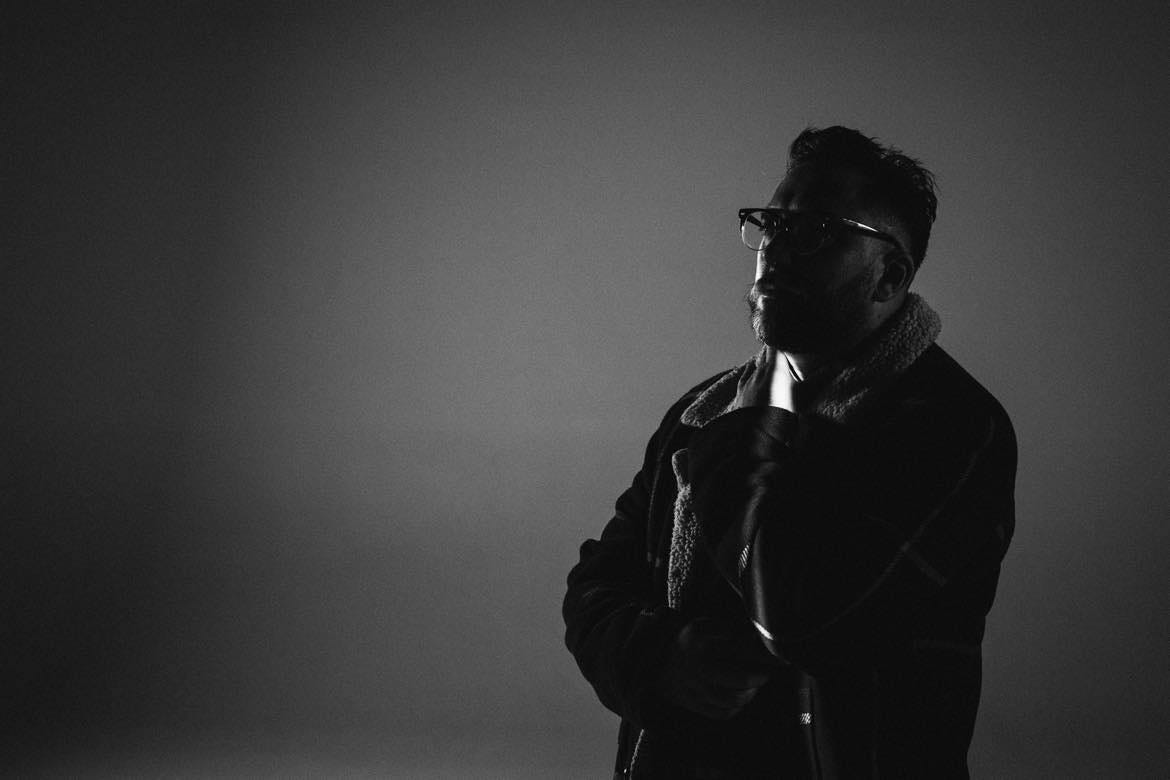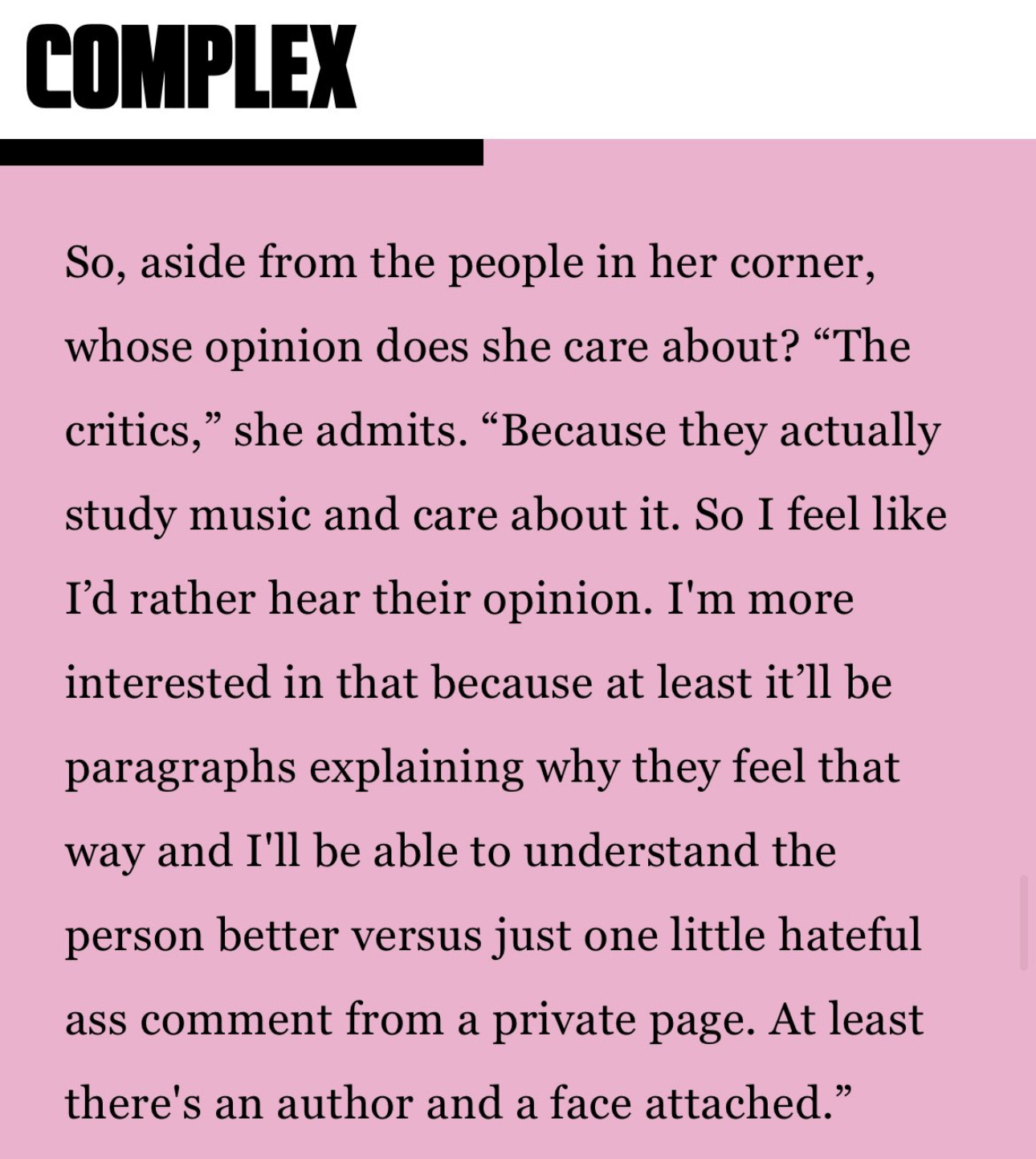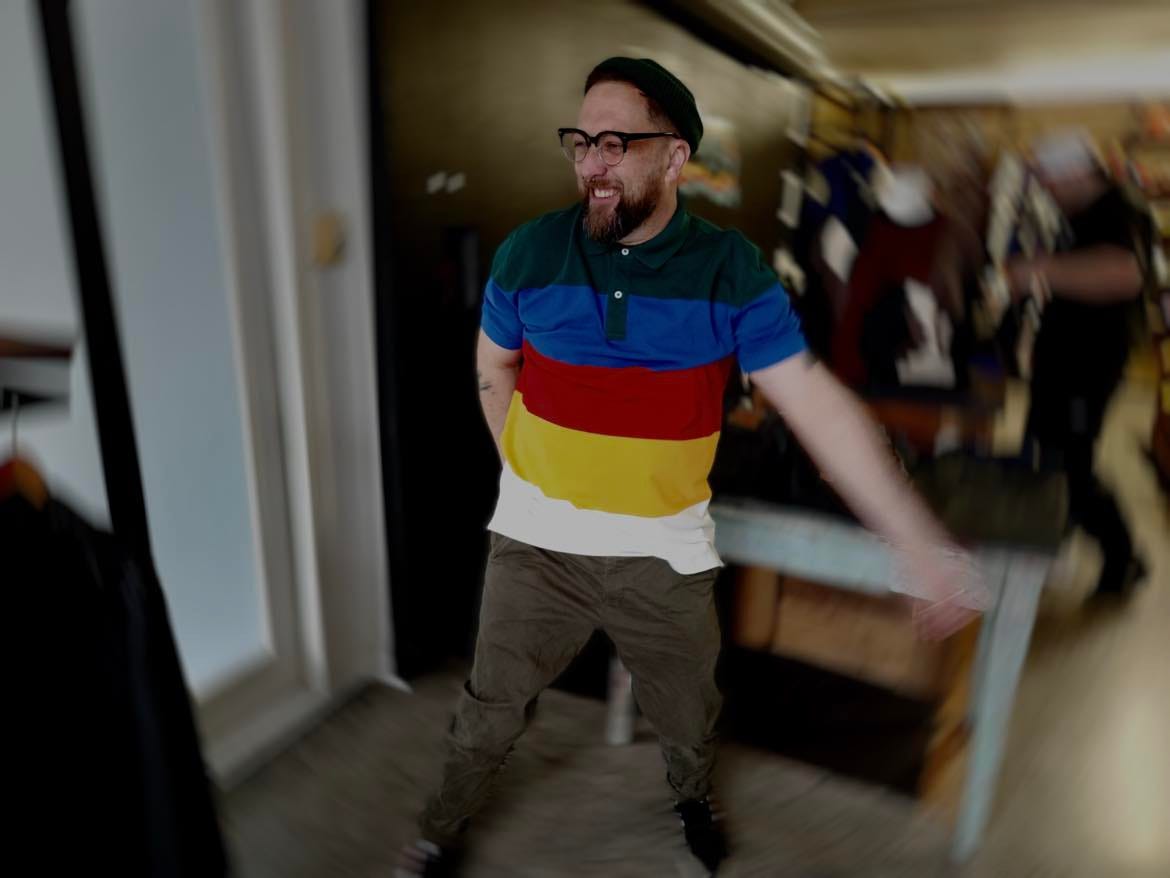Rodney Fisher wants someone – anyone – to review his new album
"I want to know what critics feel and think," says Goodshirt's singer about the dire state of local music journalism. "I want to have that connection."
When Goodshirt released their debut album in 2001, the New Zealand pop-rock group embarked on a publicity tour that lasted an entire week.
It was a frenzy: radio DJs would ask how the four-piece pulled off the crazed backwards antics in the video for ‘Blowing Dirt’, and TV presenters were desperate to know who the hit song ‘Sophie’ was really about.
After several days of that, magazine and newspaper reporters lined up for their allotted 30-minute chats – a media conveyer belt conducted around a boardroom table.
“We’d do six or so interviews for print,” says Goodshirt singer Rodney Fisher. “It was … a few days of doing stuff sitting up at EMI.”
Despite going on hiatus for a decade, Goodshirt remain a going concern.
They’ll perform at Cuba St music festival Great Sounds Great on November 24, and will open for hip-hop scallywags Fun Lovin’ Criminals in Auckland next February.
There, songs like ‘Green’ and ‘Fiji Baby’ will be sung back at them like the Aotearoa pop classics they have become.
Which makes what happened a few weeks ago even stranger.
On September 29, Fisher released his first solo album since 2005, a collaboration with a Christchurch production duo called The Response.
Art School Dropout is dreamy, ethereal, a little dark, and full of melancholy, its indie-folk blueprint with occasional trip-hop flourishes making it the perfect soundtrack for some 2am soul searching.
Fisher’s most personal album yet is really good, chock full of songs that have specific moods or feelings attached to them.
“There's a song called ‘Locked Up’, which is about suicide and … feeling bad about yourself for not going to a funeral because you couldn't feel like you could,” he says.
“There’s a lot of self-analysis of my own mental health coming through.”
With stories like that to discuss, along with his veteran status, you’d expect media to be lining up to talk to Fisher, just like they did when Goodshirt released either of their two immensely popular albums in the early-to-mid 2000s.
How many interviews is he doing?
“Hmm.” Fisher pauses. He’s on the phone between shifts at the Te Atatū barbershop where he recently started work. He lives nearby, raising three children with his partner Hayley.
Finally, he says this: “I’ve got Radio Hauraki coming up after this.”
One seven-minute Zoom with Hauraki host Greg Prebble is the only interview Fisher was asked to do about his new album. (That tally excludes me.)
Google his name and album title and you’ll find a short Rolling Stone NZ piece written off a press release, along with a brief mention on local music site Elsewhere.
That’s it.
What happened to local music journalism?
A quick recap: local music mags like Rip It Up and Real Groove are long gone; music television is no longer a thing; newspapers rarely run in-depth music profiles; and virtually no one is publishing album reviews.
Newsrooms have been shredded and arts and culture journalists have lost their jobs in big numbers. Independent radio stations are struggling: look at the state of 95bFM.
Not only are there no full-time music journalists left at any major publications in Aotearoa, you’d struggle to find anyone covering entertainment beats full-time. (The exclusion: Charlotte Ryan and Tony Stamp at RNZ’s excellent Music 101 show.)
Stories are going begging: young artists aren’t being profiled, established artists are being ignored, and as I found recently, live events are no longer being covered.
The same thing is happening across film and TV, as well as art and literature. This isn’t exclusive to New Zealand, but our smaller population size makes this trend much more stark.
Even Ice Spice, the Bronx rapper who travelled to Aotearoa recently for a 15-minute performance, has something to say about this terrible trend.
As someone who spent 20 years striving to provide quality entertainment coverage, at Stuff, then NZ Herald, and, more recently, The Spinoff, covering the industry’s demise is truly upsetting.
But here we are.
Is there another way?
When I call Fisher, he admits the demise of music journalism is something that’s been on his mind too.
“I have been thinking about it a lot,” he says. Part of his previous role at the NZ Music Commission was helping young artists find an audience and get discovered.
A short profile or promising review can generate buzz, help secure a record deal, or a decent live show, he says.
But those doors are tougher to open when no one’s available to write about you.
“The process of having press out there is that people are getting those little sparks of, ‘Hey, that's really cool, that sounds interesting, I'll go and check that out,’” Fisher says.
It was a carefully-balanced eco system which now likely seems gone for good.
Art School Dropout has been out for several weeks, yet Fisher still isn’t sure what people make of it. Aside from a couple of brief mentions, there have been no full album reviews published anywhere we could find.
But Fisher desperately wants that. “I’m hanging out for those moments,” he says. “[Reviews] are pivotal things. I want to know what these people feel and think; I want to have that connection.”
So, Fisher did something drastic, something he never thought he’d do. Instead of relying on the country’s faltering media industry for coverage, he turned to social media.
He began using the selfie function on his phone for the first time, joining TikTok and inviting fans in to view his creative process.
It’s been a nerve-wracking process, but Fisher’s found it works. “It's still about storytelling and sharing part of your journey, which is kind of what it was when you would do interviews anyway,” he says.
Some of that involves opening up about the rough stuff, including his own mental health struggles leading up to the album’s release. “It has to be 100% genuine,” he says. “It can’t be fake or forced in any way.”
That’s not all. In the build-up to Art School Dropout’s release, Fisher organised a pop-up launch party at Kingsland clothing store Vintage Consortium. He wrangled food and drink sponsorships, hung his art on the walls, crafted his own range of clothes and set up a merch stand for vinyl sales.
Then he invited friends and family along and played an intimate showcase of songs from his new album.
That, says Fisher, is his version of a successful album launch in 2023. “I’m inviting people into my world,” he says.
It’s not the same as when Goodshirt were at their peak, when media would buzz around the band for days, their songs would play on radio stations for weeks and their faces would be on magazine covers for months, that momentum building into a steady, sustainable career.
But it’s something. “I just want to be creating. I want it to be part of my existence,” he says.
“On my terms.”
* Listen to Art School Dropout here.
A quick thank you to everyone who has signed up to receive my newsletter in recent weeks. I’m honoured to have you here. Newsrooms may not employ entertainment journalists anymore but I’m still doing my thing – and I’d love to keep doing it. For that to happen, I’m relying on support from paying subscribers. If you can, please consider upgrading below.






